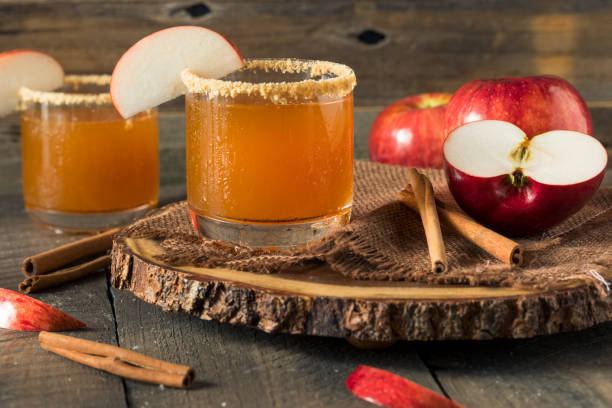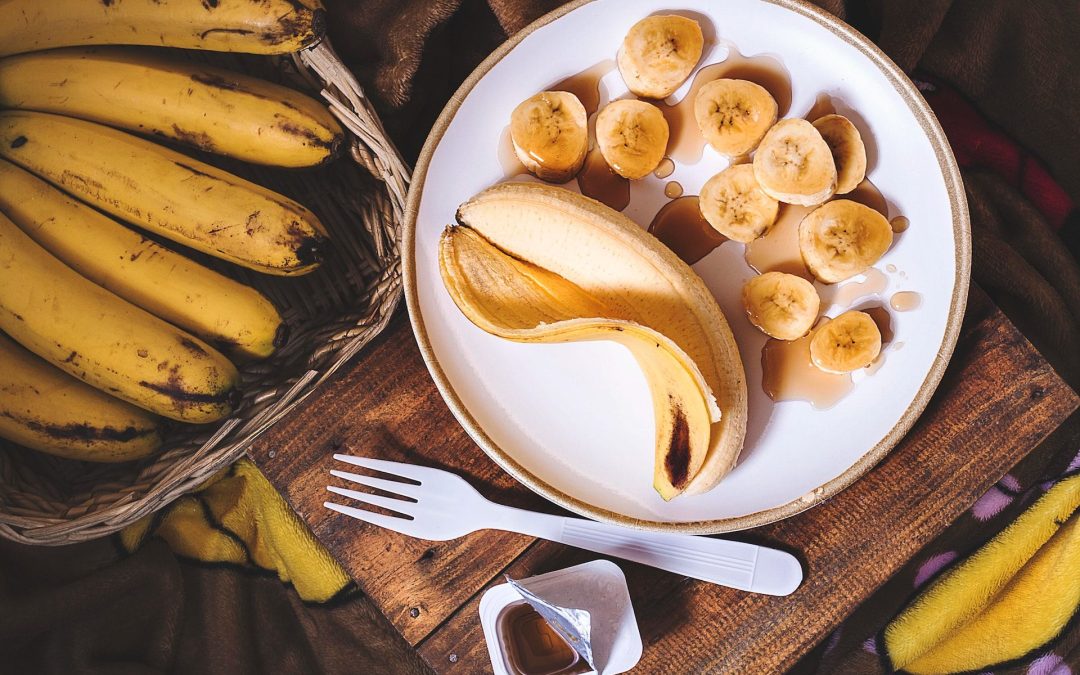
Alcohol and the Immune System
Written by Matt Chua, CSEP CPT
Alcohol and the Immune System
Everybody knows what alcohol is and how fun it can be, but what does it do to your body? With Christmas, Hanukkah, Kwanzaa, New Years, and other holidays coming up, alcohol consumption almost doubles for most people. Consumption can be acute or chronic and can range from low, moderate, or high. For the sake of clarity, acute binge drinking is more than 80 ml of pure alcohol for men and more than 60 ml of pure alcohol for women in one sitting. Throughout a week, that is at least 12 drinks per week. As a social norm, it is easy to drink a lot and forget the impacts of alcohol but it is important to be mindful about what you put into your body! The purpose of this post is to be informative and discuss the effects of acute and chronic alcohol use and not to demonize the substance or invoke behavior change.
Intoxication happens because alcohol is a toxin. After approximately four drinks the immune system is significantly impacted. Your body has automated defense mechanisms that protect you from old and new threats. For instance, COVID-19 and the common flu are constantly changing, and defense requires adaptation of your immune system by specific cells to learn and attack new forms of the virus; this is called adaptive immunity. After defending against a virus, the cells pass on the information via chemicals to other special cells that can recognize that strain of virus thus increasing your protection; this is called innate immunity. When alcohol is introduced, the chemical signals that alert the rest of the immune system is interrupted so the adaptive and innate immune systems can’t communicate. This leads to significantly increasing your risk for illnesses.
Alcohol can also cause inflammation. After consuming it, detector cells start the inflammation process. Long term inflammation from alcohol causes cellular damage especially to the liver that may lead to much more serious conditions. Alcohol also disrupts the chemical signals that initiate the anti-inflammatory response. This creates a loop that leads to persistent inflammation.
The takeaway should be that alcohol interferes with adaptive and innate immunity. If staying illness free is your goal this winter, this information might be useful! Below you can find a delicious Apple Cider Margarita mocktail recipe by Lindsay if any readers want to pursue festive alternatives!
Apple Cider Margarita Mocktail
Ingredients:
Cinnamon and brown sugar (rim)
1/4tsp cinnamon
1/2tsp maple syrup
2oz lime juice
2oz apple cider
1oz fresh orange juice
cinnamon stick (for garnish)
Rub lime around the rim of a glass and roll in the brown sugar cinnamon mixture. Add the cinnamon and maple syrup to a shaker and mix together with a spoon. Add the lime juice, apple cider and orange juice to the shaker. Shake with ice and pour into the glass. I like to use a large ice cube and a cinnamon stick to garnish. Enjoy!
References
Szabo, G., & Saha, B. (2015). Alcohol’s Effect on Host Defense. Alcohol Research: Current Reviews, 37(2), e-1-012.
Sarkar D, Jung MK, Wang HJ. Alcohol and the Immune System. Alcohol Res. 2015;37(2):153–5. PMCID: PMC4590612
Recipe adapted from @olivianoceda
